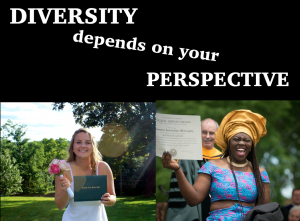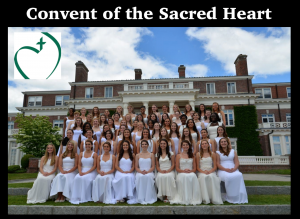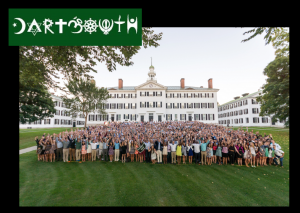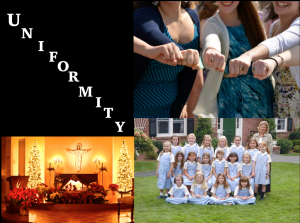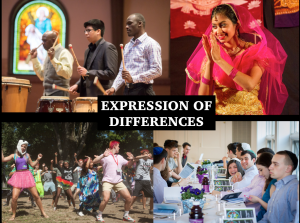~~~~~~~~~~~~~~~~~~~~~~~~~~~~~~~~~~~~~~~~~~~~~~~~~~~~~~~~~~~~~~~~~~~~~~~~~~~~~~~~~
Simplicity is about subtracting the obvious and adding the meaningful - John Maeda
Composing this piece posed many challenges. Before I could even take a stance on whether or not Dartmouth is diverse and begin putting a visual argument together, I had to decide for myself what diversity means. Originally I spent a lot of time assessing the college's statistical makeup, the stagnant admissions quotas, the stereotypical "preppy whiteness" that seems to dominate our campus. The numbers seemed to tell a pretty clear story. However, as I reflected more and more on my still-young Dartmouth experience, my position began to shift. I forgot about the impersonal charts and percentages and began to think about the actual people I've met. I've met a lot of different people. I've met people whose backgrounds differ from my own. People with different attitudes, different religious affiliations, different talents and interests. I began to realize that while Dartmouth may not be the most diverse place imaginable on numerical ethnic or socioeconomic scales, it is remarkably diverse to me.
Before Dartmouth, I attended an all-girls Catholic school. There were sixty-two girls in my graduating class. Five of them were black. Two were hispanic. One was Jewish. Not one was openly associated with any sexual orientation other than heterosexual (despite the lack of boys).
At this school, there weren't many options in terms of specialized classes. Uniforms were required and prayers were said every morning. I can't recall a single non-white faculty member.
Thus, my high school was comparatively far less diverse than Dartmouth. While differences were respected and individuality encouraged, the community was generally very homogenous. Some may hold a similar view of Dartmouth, but I'm primed to see it differently based on my prior, even narrower experience. Dartmouth has exposed me to far more variety than I'd ever really experienced. At Dartmouth, I have friends who aren't females and who aren't straight and who aren't Catholic. I've met people from all over the place geographically, all of whom harbor unique interests, offer distinct talents, and provide their own perspectives on the world.
That's what it all comes down to, right? Perspective. From my perspective, Dartmouth is a diverse place.
Another huge challenge this assignment presented was its restrictiveness. Just five Power Point slides? How can anyone make a super effective argument on such a broad topic in just five not-too-cluttered slides? Power Point is an extremely limiting medium in that it demands static pictures, denies the use of sound, and urges for as little text as possible so as to retain viewers' attention spans (as per the useful tips mentioned in the TEDx talk we listened to in class). I tried to incorporate some of these tips into my own Power Point, such as using a dark background to cater to peoples' affinity for contrast.
That said, I suppose this challenge had benefits in that it forced me to stick with one opinion and prioritize the most important facets of my argument. Though I felt frustrated and confined while composing this project, I'm glad that I was able to test my Power Point skills and try to embrace a "less is more" approach. And hey, we wouldn't be respecting the diversity of media if we neglected Power Point, now would we?
